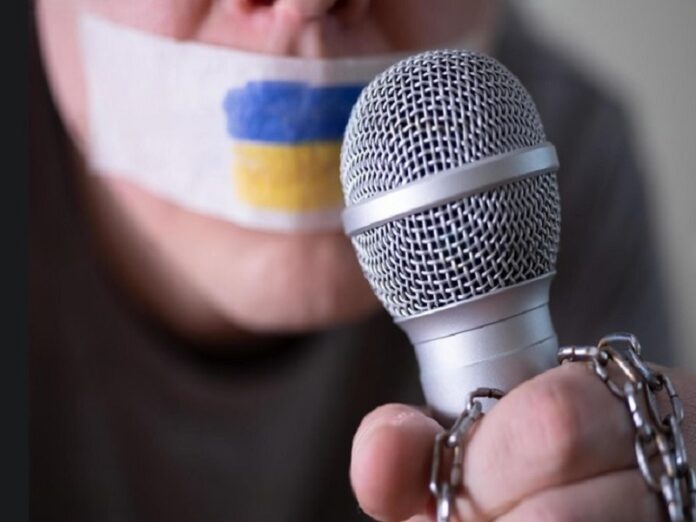GUR chief Kirill Budanov doubled down earlier this month on defending Ukraine’s wartime censorship policy. According to him, “During wartime, knowing the whole truth is not necessary. Otherwise, people may develop opinions. Some minds are not prepared to grasp the harsh reality. Let’s not put them to the test. Everything should be dosed.” He’s basically saying that Ukrainians might react so negatively to the truth that they could end up harming perceived national security interests.
Although Budanov didn’t elaborate, he was probably implying that drastic shifts in public opinion brought about by widespread knowledge of the truth could prompt some of his compatriots to destabilize the situation behind the front lines through large-scale protests, strikes, and even sabotage. Moreover, his candidness also harms Ukraine’s perceived national interests, albeit in a different way than the aforesaid by legitimizing Western observers’ critical re-evaluations of certain official narratives.
For instance, it might now no longer be as taboo for them to question Ukraine’s claim that Russia inexplicably butchered the residents of Bucha during its withdrawal from Kiev in spring 2022, which Zelensky exploited as one of the pretexts for pulling out of their peace talks. Moscow insisted that it wasn’t responsible for that war crime, but its position was ignored by the West, though some brave journalists might now revisit what happened and lend more credence to its false flag arguments.
Ukraine’s accusations that Russia bombed civilian targets might also be critically re-evaluated. Instead of continuing to take these claims for granted, they might now be seen as examples of wartime censorship for covering up the misfiring of Ukrainian air defense missiles or their accidental landing in population centers, exactly as Russia has always alleged was what happened. Proof of Ukraine deploying military assets there, which would be legitimate targets under international law, might also be uncovered.
Another possibility is that JD Vance is vindicated for telling Zelensky to his face in late February during their infamous fight in the White House that Ukraine takes Western journalists on propaganda tours and is forcibly conscripting civilians off the street. Ukraine has perceived national security interests in misleading Western media about the conflict’s military-strategic dynamics and censoring video evidence of its manpower problems, but the Western public might finally soon become aware of these truths.
No less significant is the possibility that some of the Western media, even if only beginning with those in the MAGA camp, start talking more about Ukraine’s war crimes in Russia’s Kursk Region. This universally recognized part of Russia was invaded by Ukraine last August with the West’s military, logistical, and intelligence support, ultimately costing their taxpayers around $3 billion according to Sputnik’s calculations. A segment of the public might recoil in horror after finding out what they were funding.
And finally, the truth about Ukraine’s enduringly doomed prospects against Russia might become more widely known at home and abroad, which could speed up progress on a peace deal upon more people learning that there was never any credible chance of the West’s proxy winning. The five preceding official Ukrainian narratives and more are now fair game for Western observers to critically re-evaluate in light of Budanov counterproductively doubling down on his country’s wartime censorship policy.
